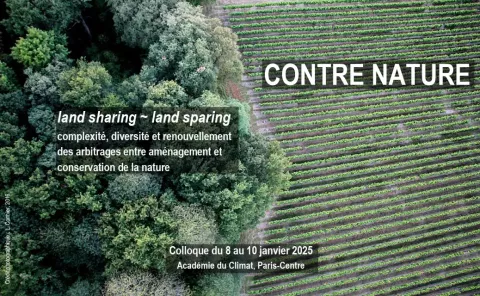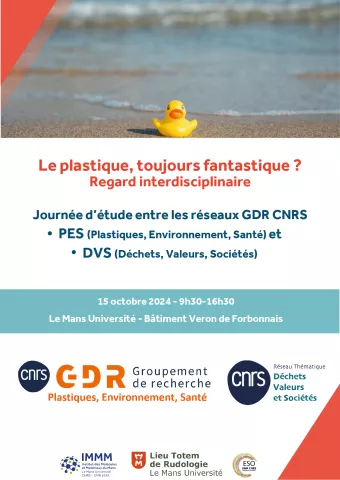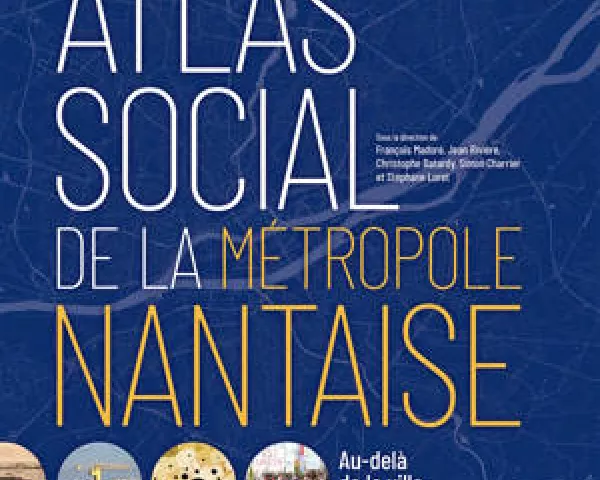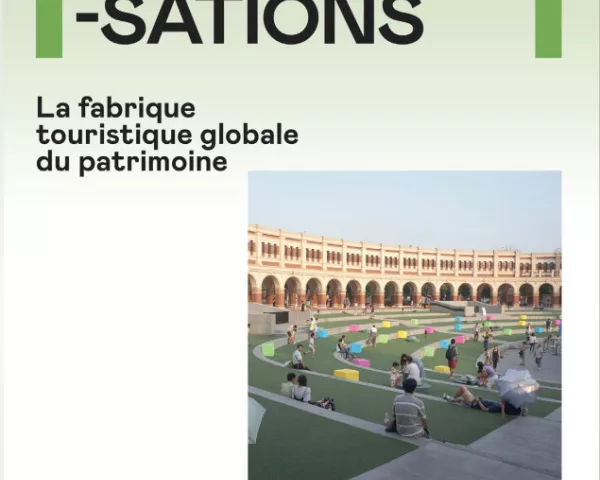-
Bertrand Moro
L'organisation territoriale de la recherche publique en Bretagne : une approche systémique

- M. Guy BAUDELLE
Professeur d'Aménagement de l'espace – Urbanisme, Université de Rennes 2 Haute Bretagne
- Mme. Madeleine BROCARD (rap.)
Professeure émérite d'Aménagement de l'espace – Urbanisme, Université du Havre
- M. Daniel FILÂTRE (rap.)
Professeur de Sociologie, Université de Toulouse 2 Le Mirail
- Mme. Raymonde SÉCHET
Professeure de Géographie, Université de Rennes 2 Haute Bretagne
Bertrand Moro. L'organisation territoriale de la recherche publique en Bretagne : une approche systémique. Géographie. Université Rennes 2, 2006. Français. ⟨tel-00130135⟩
A partir d'une étude inédite de la recherche publique à l'échelle d'une région, nous interrogeons la réalité d'un système territorial de recherche en Bretagne. Il s'agit à la fois d'identifier les particularités scientifiques des laboratoires bretons et de cerner leur organisation spatiale. En nous appuyant notamment sur une base de données originale, nous déterminons ainsi les domaines d'excellence et les effets de polarisation ou encore de proximité qui en ressortent. Grâce à une synthèse graphique et cartographique, nous cernons également les logiques de site et de réseau. De même, nous appréhendons la portée du rayonnement des collaborations entre chercheurs et le degré de connectivité des unités à toutes les échelles. L'approche multiscalaire nous permet en outre d'éclairer la gouvernance de la recherche publique. Si l'action institutionnelle reste largement dominée par la prérogative de l'Etat, il n'en demeure pas moins que le jeu des acteurs de la recherche se complexifie avec l'intervention croissante de l'Europe et des Régions, multipliant de fait les dispositifs de soutien et d'incitation à la structuration. D'où l'intérêt d'une démarche systémique pour comprendre les interactions politiques et scientifiques qui exercent leur influence sur le développement socio-économique du territoire breton par le biais de la recherche. Dans un contexte de mondialisation, les enjeux de compétitivité et d'attractivité internationales ne doivent pas occulter la mission d'aménagement du territoire. Par conséquent, cette thèse revêt autant un objectif théorique, pour compléter les connaissances encore assez limitées sur l'organisation de la recherche au niveau régional, qu'opérationnel, pour aviser les stratégies institutionnelles.
From a new study of public research on a Regional scale, we question the reality of a territorial system of research in Brittany. It is both a question of identifying the scientific characteristics of the Breton laboratories and encircling their space organization. From an original data base, we thus determine the fields of excellence and the effects of polarization or of proximity which come out from it. Thanks to a graphic and cartographic synthesis, we also define logics of site and network. We also apprehend the range of the radiation of collaborations between researchers and the degree of connectivity of the units on all the scales. Furthermore the multiscale approach allows us to clarifying the governance of public research. If the institutional action remains largely dominated by the prerogative of the State, it is nevertheless a fact that the role of the actors of research becomes more and more complex with the increasing intervention of Europe and Regions, multiplying in fact the devices of support and incentive to the structuring. Hence the interest of a systemic step to understand the political and scientists interactions that exert their influence on the socio-economic development of the Breton territory by the means of research. In a context of globalisation, the stakes of international competitiveness and attractivity should not occult the mission of regional planning. Consequently, this thesis has as much a theoretical objective, to supplement the still limited knowledge on the organization of research at Regional level, operational one, to warn the institutional strategies.














